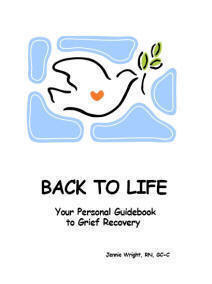A couple of days back a good friend of mine suddenly passed away, and I still don't have a clue why. That got me, naturally, trying to find some answers to at least some of the many questions that swirl in my head.
I found a newly, dating only a couple of weeks back, published research article in the journal PLOS ONE, claiming that a 10% increase in suicides -- nearly 2,000 additional deaths -- was recorded in the United States in the four months after actor and comedian Robin Williams took his own life in 2014. That was almost mind-blowing to read.
The "celebrity-suicide effect" -- in which copycat suicides follow that of someone famous -- has been documented in previous research, so it is a well known fact. But the amount of that kind of copycats is significantly high, way too high.
I can't say that this research helped me understanding why my friend is gone, but at least it got me thinking about something else for a while. And I know I am not alone in this situation, all the families and friends that are left behind in situations like this are often forgotten. Jenny Wright has written something called "a personal grief book" called "Back to Life", that hopefully can help someone out in times like these. It is found both as an e-book and a hard copy:
Jennie is the webmaster and editor of recover-from-grief.com. She is a licensed and registered critical care nurse (R.N.) with over 20 years of critical care experience and working with families in crisis and bereavement, mainly through in-hospital ethics committees and patient advocacy.

Comments
Post a Comment